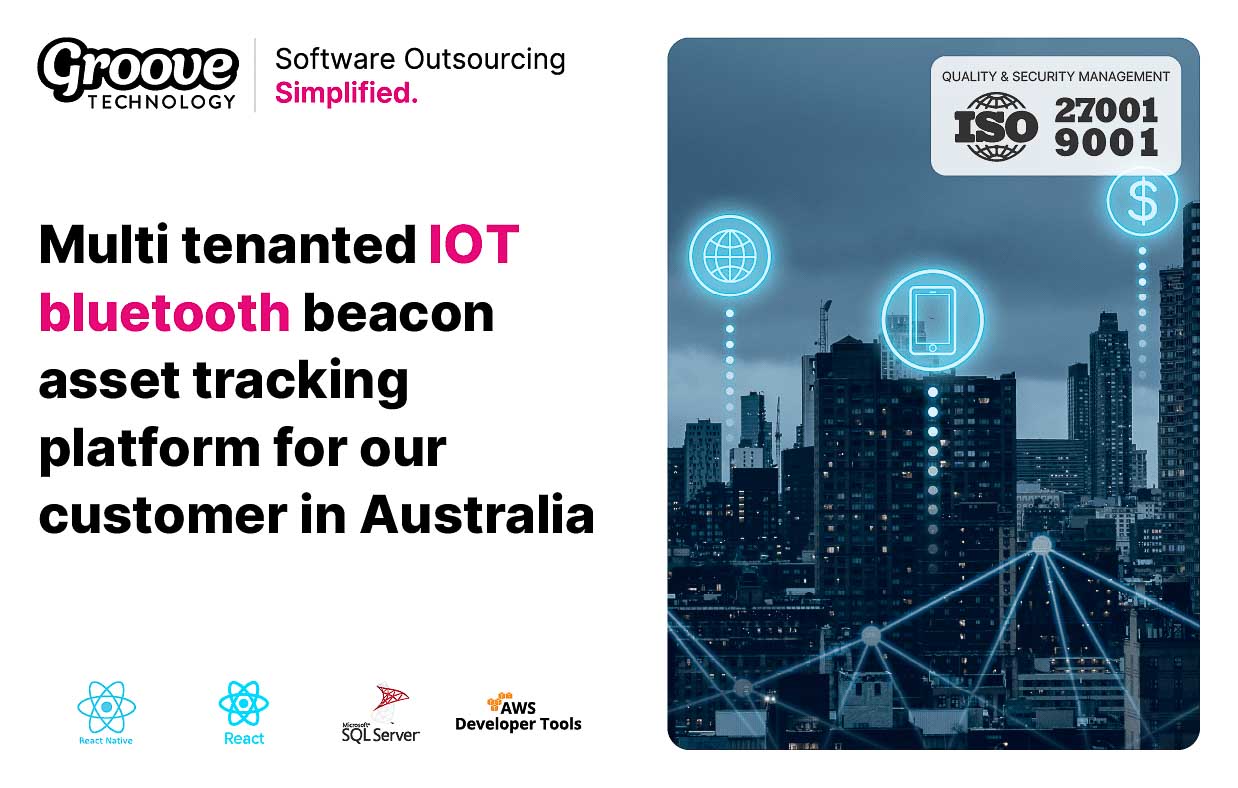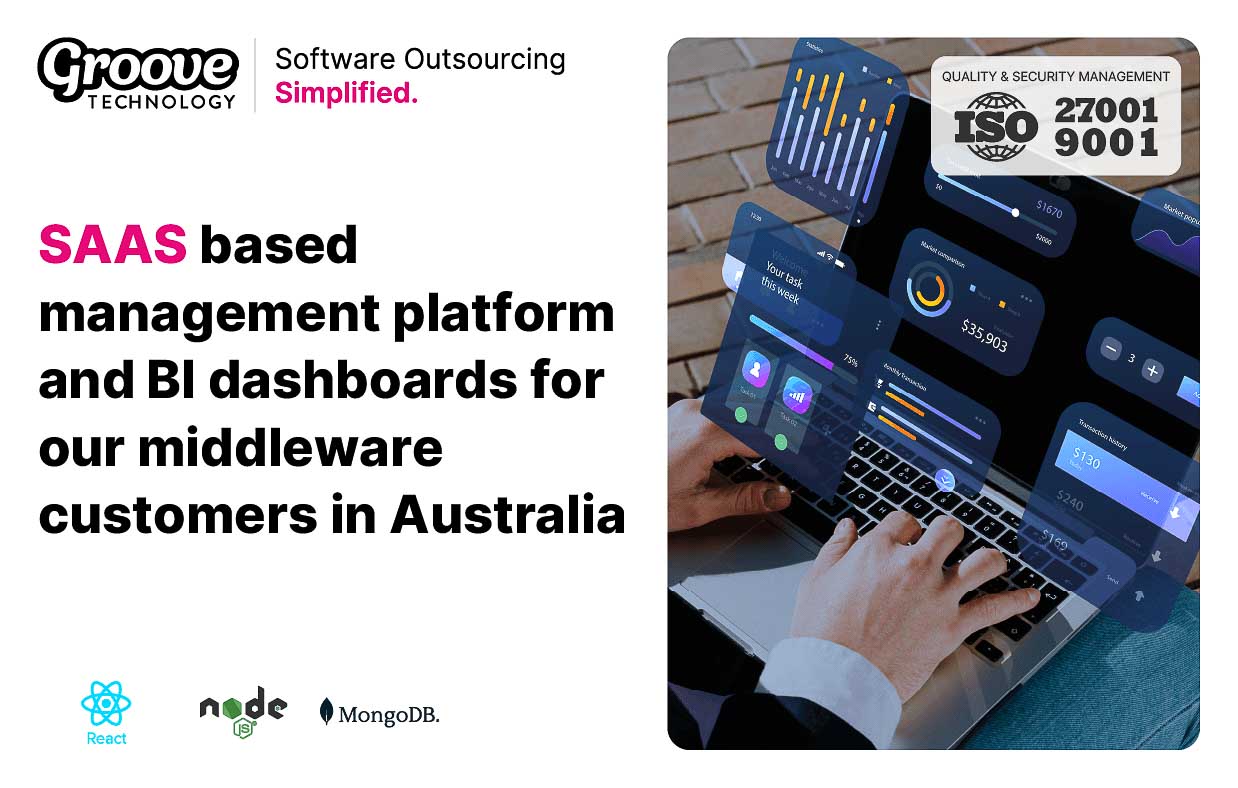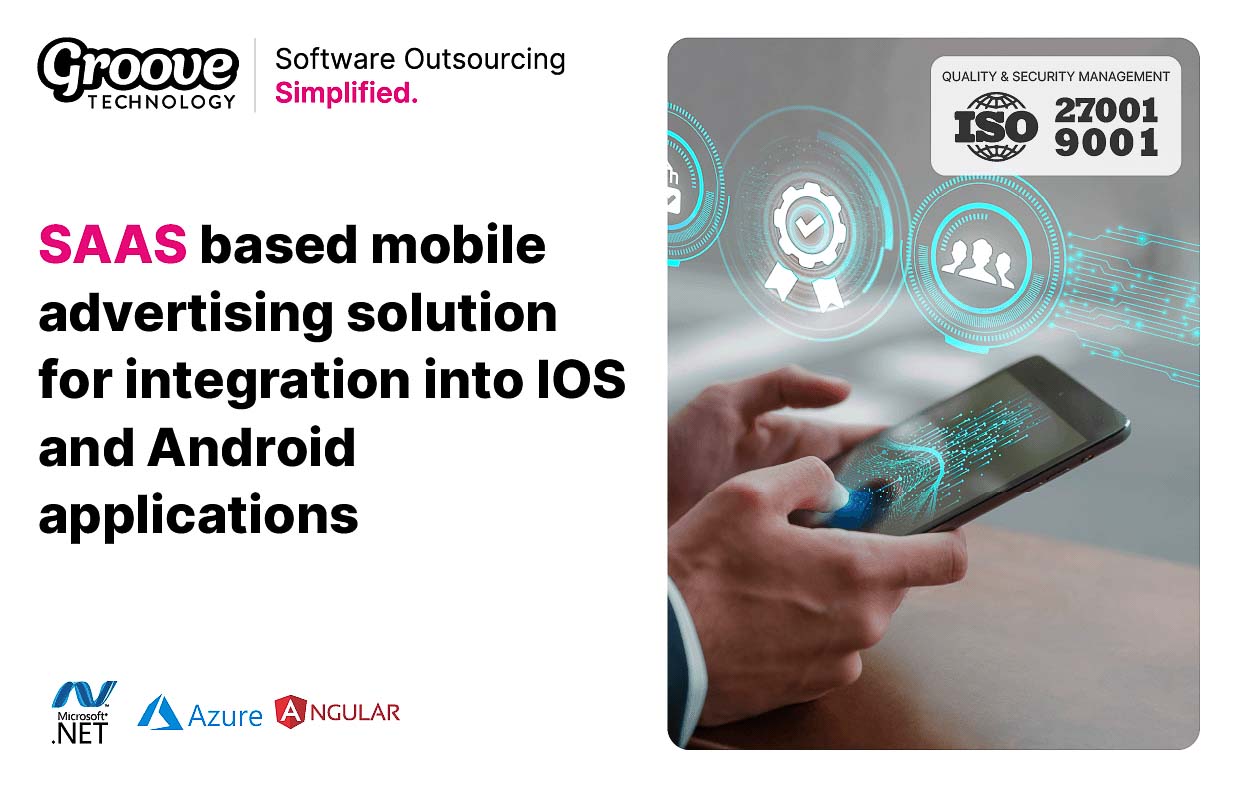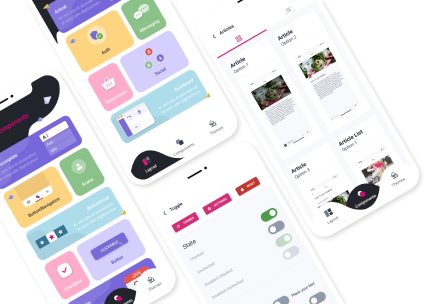WHY CUSTOM SOFTWARE IS ESSENTIAL FOR CREATING INNOVATIVE PRODUCTS
Specific Business Needs
Custom software is designed specifically to address unique business requirements that off-the-shelf software cannot meet. This personalized approach ensures that every feature and function is aligned with the business’s strategic goals, allowing for more effective execution and competitive advantage.
Scalability and Flexibility
As businesses grow and their needs evolve, custom software can adapt and scale accordingly. This flexibility allows companies to expand their capabilities seamlessly without being constrained by the limitations of generic software solutions.
Integration with Existing Systems
Custom software can be built to integrate smoothly with existing business systems and workflows. This integration capability reduces friction, increases efficiency, and ensures that new software enhancements complement and enhance current operations without disrupting them.
Competitive Edge
By developing software that is unique to your business, you differentiate your company from competitors. Custom solutions can provide innovative features that are not available in the market, giving businesses a unique selling proposition and a competitive edge.
Enhanced Security
Custom software can be developed with specific security features tailored to the needs and risks of the business. This personalized approach to security can protect sensitive data better than generic software, which might not fully cover the specific security concerns of every business.
OUR TECHNOLOGY STACKS






















































































































































































WHY CHOOSE GROOVE TECHNOLOGY AS YOUR CUSTOM SOFTWARE DEVELOPMENT PARTNER


Streamlined Onboarding and Framework Compatibility
Flexible Integration: Our custom software development process seamlessly integrates with any development framework you use—Agile, Scrum, Kanban, or others. This ensures a smooth transition and immediate progress in your custom software projects.
Proactive Communication: Our custom software development engineers are trained to proactively listen and engage, ensuring that all technical requirements for your custom software are clearly understood and met. We focus on clarifying all queries upfront to bridge any gaps between what you expect and what we deliver in the custom software development process.


Transparent and Flexible Cost Management in Custom Software Development
Upfront and Clear Costing: We provide detailed cost breakdowns at the outset of the custom software development process, ensuring you have a clear understanding of your investment. Our transparent pricing structure includes performance incentives to maximize the ROI of your custom software.
Adaptable Pricing for Scalability: As your custom software project grows and your needs evolve, our pricing models are designed to adapt. This flexibility ensures that you can scale your custom software development efforts without any budgetary surprises.


Assured Quality and Expertise in Custom Software Development
Certified Expert Developers: Our developers, dedicated to custom software development, are not only certified to meet rigorous industry standards but also bring a high level of technical proficiency and a positive attitude to your projects. We select our team through a stringent process, ensuring they can meet and exceed your expectations in custom software development.
Long-Term Quality Commitment: We are committed to long-term partnerships that drive continuous improvement and development in our custom software development team. Our focus on ongoing training ensures that our resources remain at the cutting edge, delivering enhanced quality and innovation in all our custom software solutions.
CUSTOM SOFTWARE DEVELOPMENT STRATEGY 2024


Prioritize user experience from the outset. A user-centered design approach ensures that the software is intuitive, accessible, and meets the needs of the end user, ultimately driving adoption and satisfaction.
02. ScalabilityDesign software with scalability in mind to accommodate future growth in users, data volume, and transaction frequency without significant rework or performance degradation.
03. Security and ComplianceGiven the increasing cyber threats and regulatory demands, ensure that security is integrated into every stage of the software development lifecycle. Compliance with relevant laws and regulations must also be factored into the design and development process.
04. Integration CapabilitiesThe software should seamlessly integrate with existing systems and third-party services. This reduces operational silos and enhances data flow across different platforms, improving operational efficiency.
05. Technology StackChoose the right technology stack based on the project’s specific requirements, team expertise, and future maintenance needs. The stack should support the project’s goals and scalability needs while being robust and well-supported.


Employ Agile practices to enhance flexibility, improve product quality, and accelerate time to market. Agile allows for regular feedback and iterative improvements, ensuring the final product more closely aligns with user needs.
02. DevOps IntegrationIntegrating DevOps practices can streamline the development process, improve deployment frequency, and increase the release stability of the software. Automation of the CI/CD pipeline reduces manual errors and increases efficiency.
03. Continuous TestingImplement continuous testing throughout the development process. This helps catch and rectify errors early, reduces the cost of fixing bugs, and ensures the product’s reliability and performance.
04. Documentation and Knowledge TransferMaintain comprehensive documentation from the start. This is crucial for the ongoing maintenance of the software, training of new team members, and ensures that knowledge is not siloed but accessible to all relevant stakeholders.
05. User Feedback and IterationEngage with users early and often to gather feedback on functionality and usability. Iteratively refining the product based on this feedback ensures that the software remains relevant and valuable to its users.
CASE STUDIES
We specialize in a variety of programming languages and frameworks to best suit your project needs. Our expertise includes JavaScript (React, Angular, Vue.js), Python (Django, Flask), Java (Spring Boot), C# (.NET Core), and Node.js for back-end development. We also utilize mobile development frameworks like React Native and Flutter for cross-platform applications.
Security is integrated into every stage of our development process. We follow best practices such as secure coding standards, regular code reviews, and vulnerability assessments. Our security measures include data encryption, secure authentication mechanisms (OAuth, JWT), and compliance with industry standards like GDPR, HIPAA, and PCI-DSS. Additionally, we conduct regular security audits and implement security patches promptly.
We adopt an API-first approach to ensure seamless integration with existing systems. This involves designing and developing robust, RESTful, or GraphQL APIs that facilitate smooth data exchange and interoperability. We also utilize middleware and microservices architectures to enhance flexibility and scalability, allowing your existing systems to communicate effectively with new custom software.
We use Agile methodologies to manage our projects, allowing for flexibility and iterative development. This approach includes regular sprint planning, daily stand-ups, and continuous integration/continuous deployment (CI/CD) practices to ensure that we stay on track and adapt quickly to changes. We also maintain transparent communication with stakeholders through regular updates and progress reports to ensure alignment and timely delivery.
Scalability and performance are key considerations in our development process. We design software architectures that support horizontal and vertical scaling, leveraging cloud platforms like AWS, Azure, and Google Cloud for flexible infrastructure. Performance optimization techniques include efficient database management, load balancing, caching strategies, and regular performance testing using tools like JMeter and LoadRunner. This ensures that the software can handle increased load and perform efficiently under varying conditions.













